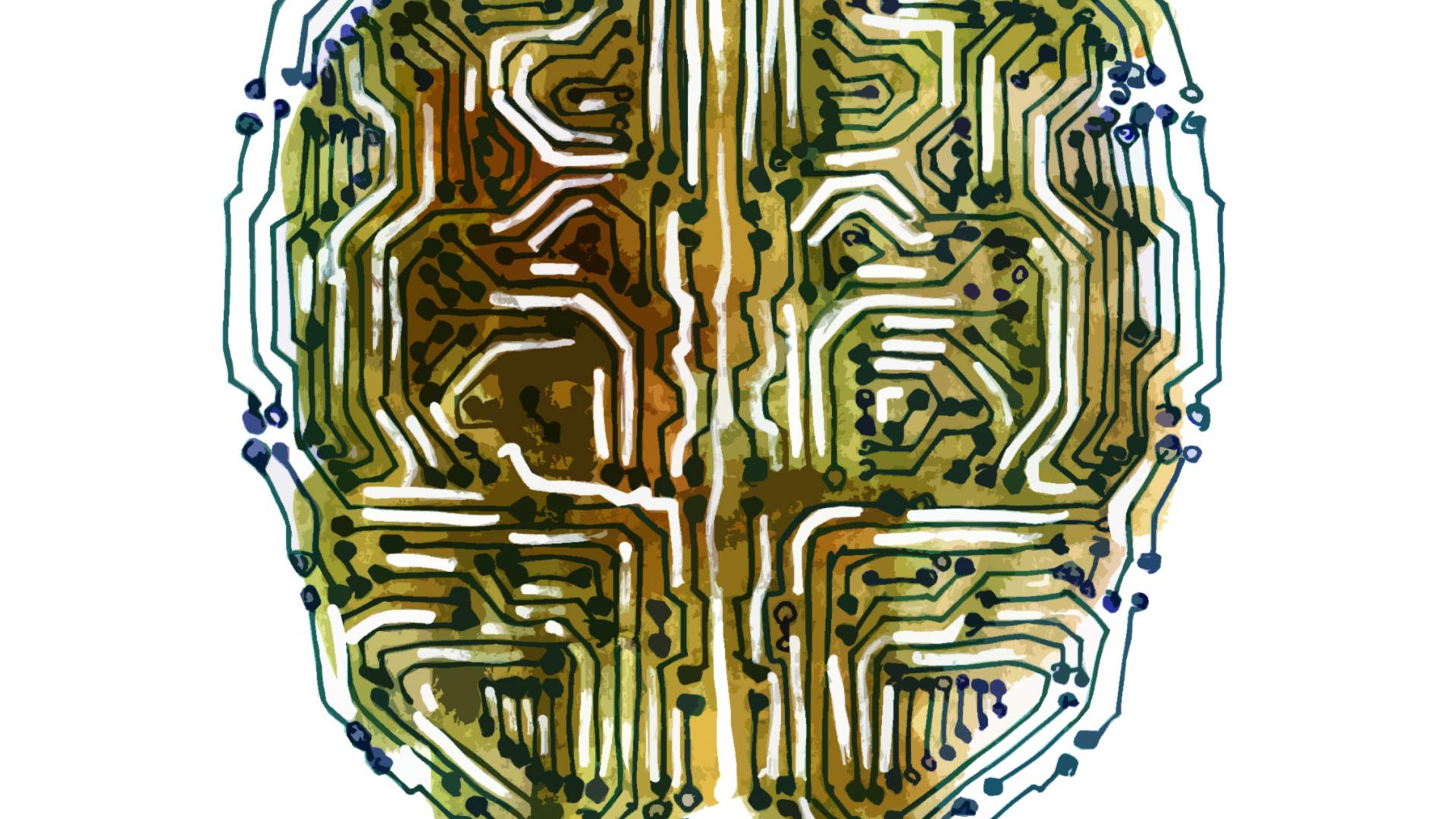Understanding the brain behavior is currently gaining a huge attention worldwide. At the sensors lab, students under the supervision of Prof. K.N. Salama are exploring new computing technologies miming the way our brains process and store data. Using memristors to build neural networks reduces the required area significantly compared to classical circuits. Conventional computing based on Von Neumann architecture has been shown to be approaching its limits in scalability and power consumption. If solved with contemporary machines, today’s applications in science and industry related to data analysis, pattern recognition and prediction would demand a huge computing power. In the era of ubiquitous sensing and data acquisition, a way to cheaply and power efficiently make sense of the collected ‘big data’ is of utmost importance. Here, human brain’s efficiency becomes the ultimate standard and inspiration for any future technology.
Sample Publications:
- Ren Li, Rawan Naous, Hossein Fariborzi and Khaled Nabil Salama "Approximate Computing with Stochastic Transistors’ Voltage Over-scaling," IEEE Access, Vol. 7, pp. 6373 - 6385, 2018. doi:10.1109/ACCESS.2018.2889747
- Rawan Naous, Maruan AlShedivat, Emre Neftci, Gert Cauwenberghs and Khaled Nabil Salama, " Memristor-based neural networks: Synaptic versus neuronal stochasticity"AIP Advances 6, 111304 (2016); http://dx.doi.org/10.1063/1.4967352
- Rawan Naous, Mohammed Zidan, Ahmed Sultan, and Khaled Salama "Statistical Analysis for Memristor Crossbar Memories" International Journal of Unconventional Computing, vol 12, n 4, pp 265-280, 2016
- Mohammed Zidan, Hesham Omran, Rawan Naous, Ahmed Sultan, Hossam Fahmy, Wei Lu, and Khaled Salama "Single-Readout High-Density Memristor Crossbar" Scientific Reports 6, 18863 (2016) doi:10.1038/srep18863
- Rawan Naous, Maruan Al-Shedivat, and Khaled Nabil Salama, Stochasticity Modeling in Memristors, IEEE Transactions on Nanotechnology (TNANO), vol. 15, no. 1, pp. 15-28, 2016 . DOI:10.1109/TNANO.2015.2493960
- Rawan Naous, Mohammed Zidan, Ahmed Sultan, and Khaled Salama, Pilot Assisted Readout for Passive Memristor Crossbars, Microelectronics journal, Vol 54, pp 48–58, 2016
- Maruan Al-Shedivat, Rawan Naous,Gert Cauwenberghs, and Khaled Nabil Salama, Naous,Gert Cauwenberghs, and Khaled Nabil Salama, Memristors Empower Spiking Neurons with Stochasticity, IEEE Journal of Emerging technologies in circuits and systems, VOL. 5, NO. 2, 242-253, JUNE 2015
- M. T. Ghoneim, M. Affan Zidan, K. N. Salama, and M. M. Hussain,“Towards Neuromorphic Electronics: Memristors on Foldable Silicon Fabric,”Microelectronics Journal, vol 45,no 11, pp. 1392-1395, 2014
- M. A. Zidan, H. Fahmy, A. Eltawil, F. Kurdahi and K. N. Salama, Memristor Multi-Port Readout: A Closed-Form Solution for Sneak-Paths, IEEE Transactions on nanotechnology, vol.13, no.2, pp.274,282, March 2014
- M. A. Zidan, H. Fahmy, M.h Hossein and and K. N. Salama, "Memristor Based Memory: The Sneak Paths Problem and Solutions," microelectronics journal, Volume 44, Issue 2, Pages 176–183, 2013
